COVID-19: TAP’s Response
TAP is sensitive to the fact that our clients are some of the most vulnerable members of our community, especially when it comes to receiving needed support and access to services. Both the community and our funding sources are aware of the value of what we do for those we serve, and continue to look to us to meet certain needs.
The leadership team at TAP has developed a plan in response to the changing needs of our community in the midst of the spread of COVID-19.
We continue to provide services while making every effort to consider the health and safety of our staff and clients. In adherence to guidance from the CDC, Health Department, and government officials, we have implemented the following measures to reduce the risk of spreading or contracting the disease while providing services.
This protocol will remain in effect until further notice.
Head Start
Centers will close effective Monday, March 23, 2020. Parents received a 72-hour advance notification.
Health Screenings
All staff, clients, and visitors are being screened prior to entering any TAP facility. No one with health risks will be permitted access.
In-Home Services
Weatherization, Indoor Plumbing Rehab, and Major Rehab programs will pre-screen families prior to providing in-home services. Staff will not conduct work if a family member is ill.
Client Meetings
Staff will rotate coverage of an entrance desk at the main TAP building in downtown Roanoke (302 2nd St., SW) to greet clients and provide program information. Clients will have access to a telephone to speak with program staff, but will not go to any other location in the building.
Classroom activity
Most of our youth and adult education programs are located in the Roanoke Higher Education Center, which is now closed to the public. These programs will now be held at alternate locations. Students should call 540.777.HOPE for additional information.
Staffing
In an effort to limit exposure at TAP, we have reduced the number of on-site staff. Some individuals will be able to work remotely and communicate via telephone or internet.
Tax Clinic
Due to the COVID-19 pandemic, we have made the difficult decision to close the TAP Free Tax Clinic. You can still prepare and file your own taxes online by using FREE FILE on www.IRS.gov.
We will continue to monitor the situation. If we are able to reopen the Tax Clinic, information will be available by calling our voicemail at 540-283-4804 after April 6, 2020.
The new federal filing deadline for tax year 2019 is July 15, 2020. The new state filing deadline is June 1, 2020. You can stay updated on IRS actions at www.IRS.gov.
TAP Books
This program will still accept and process book donations.
Domestic Violence Services
Anyone in crisis due to a domestic violence or intimate partner incident should call our 24/7 hotline at 540.580.0775. All other general information calls related to domestic violence should call 540.283.4813.


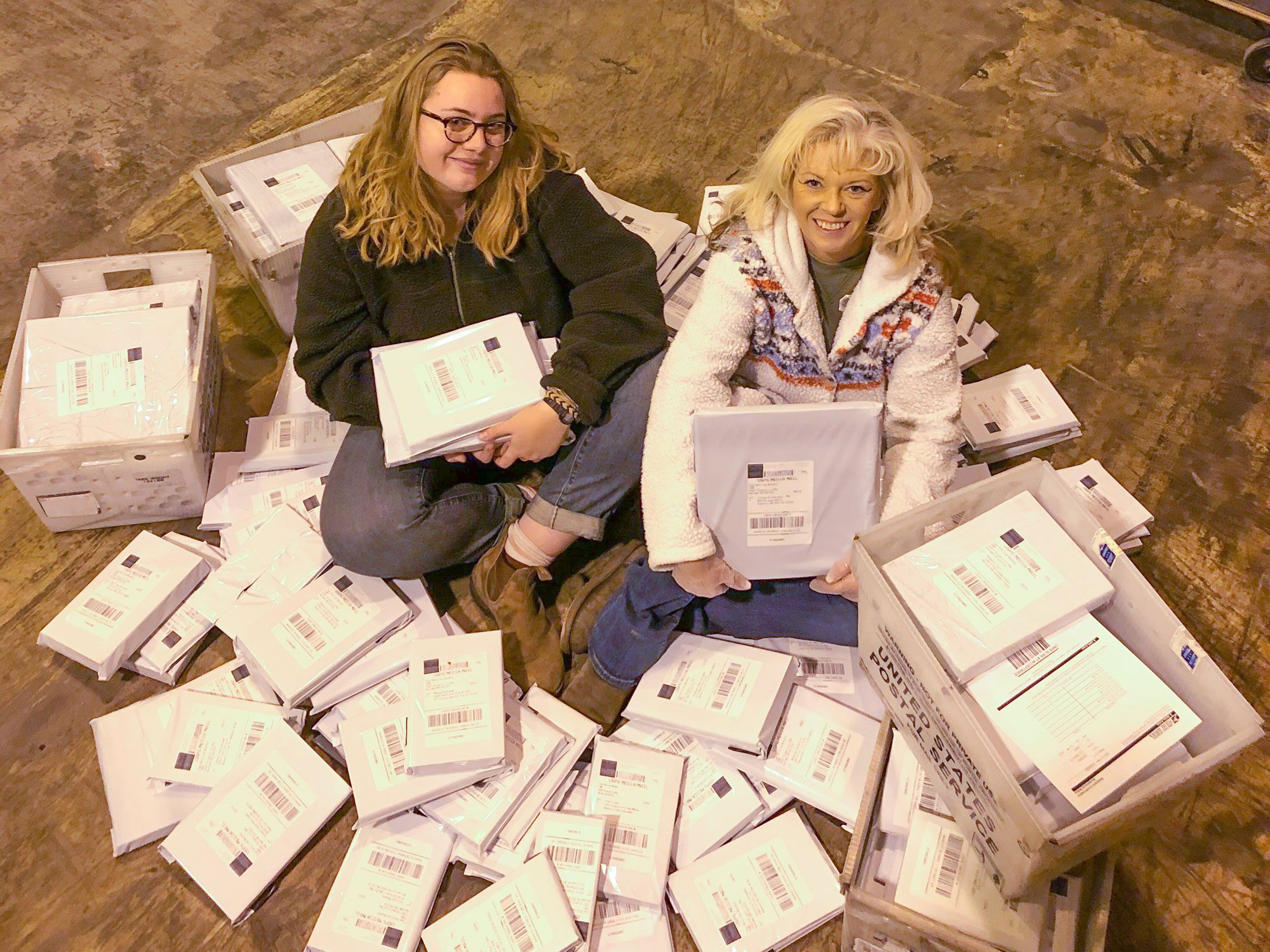
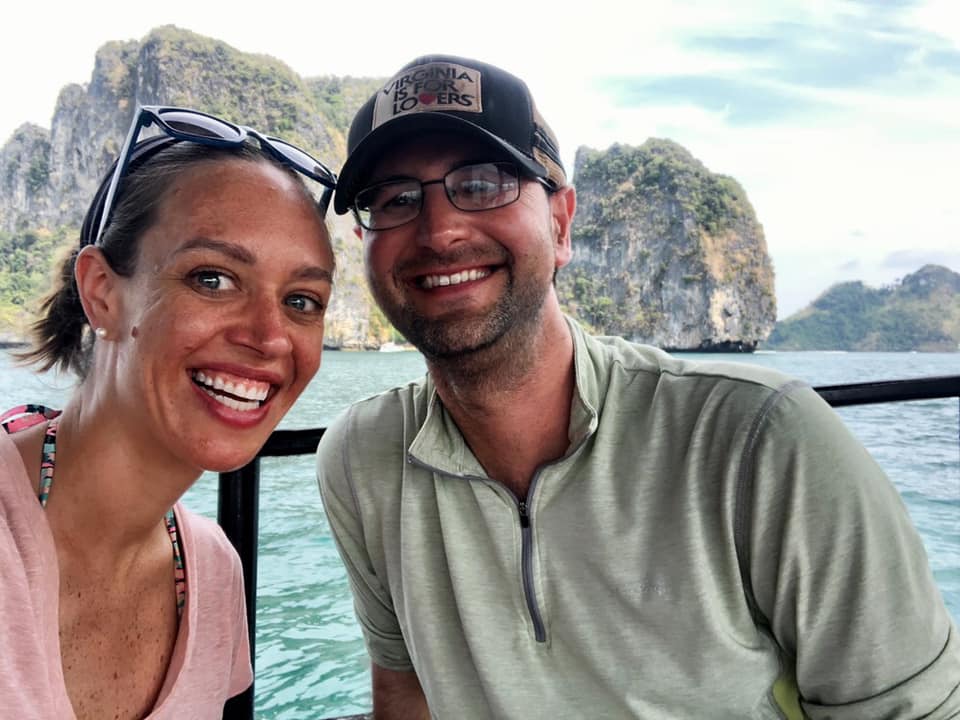

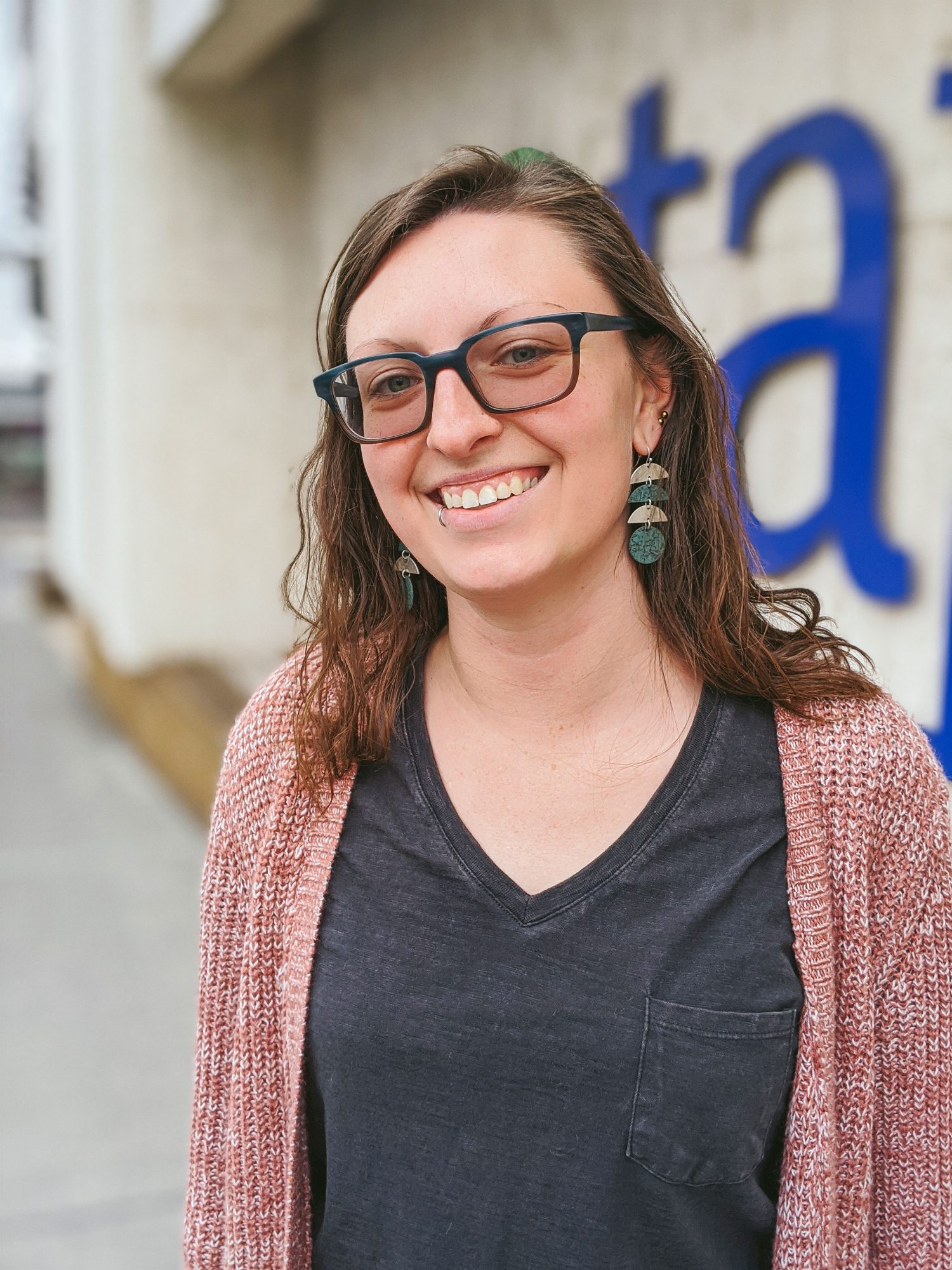
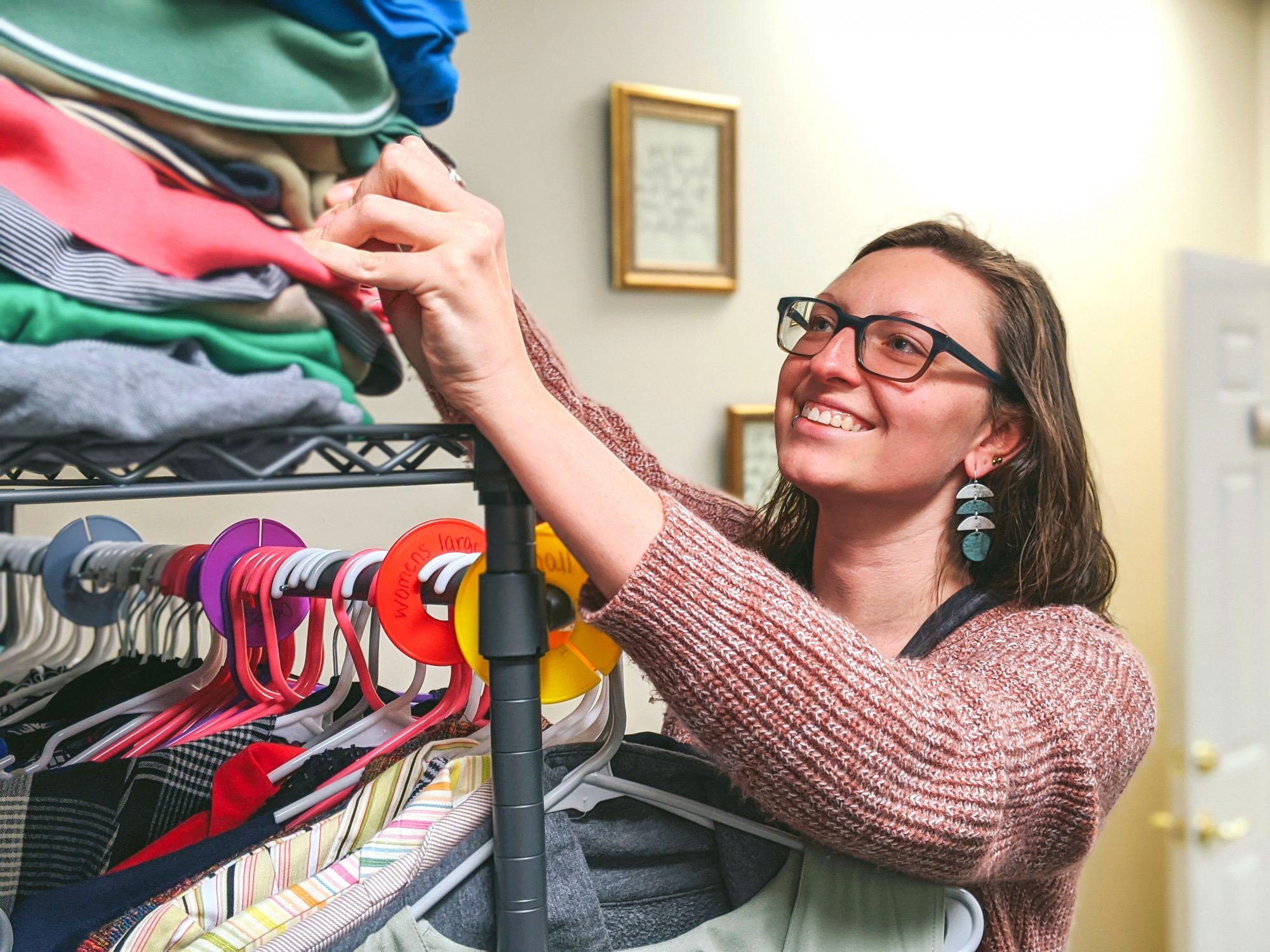
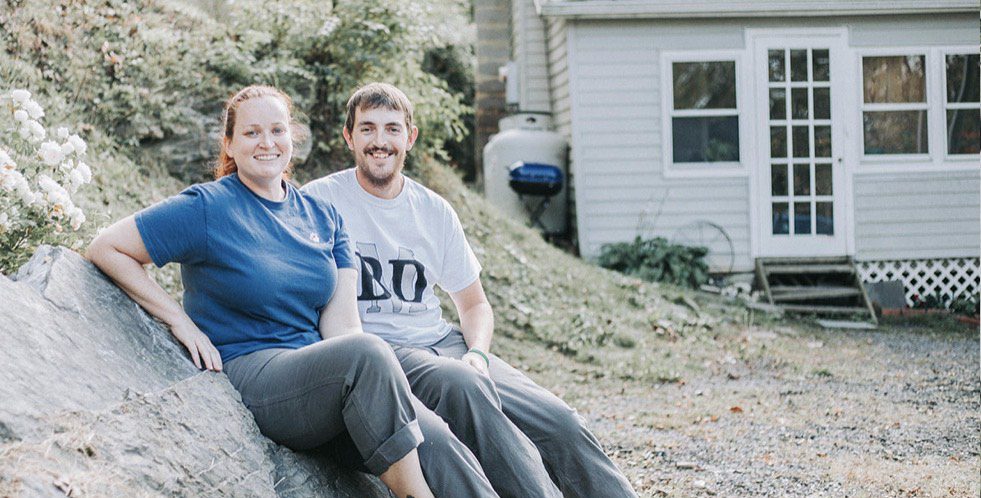

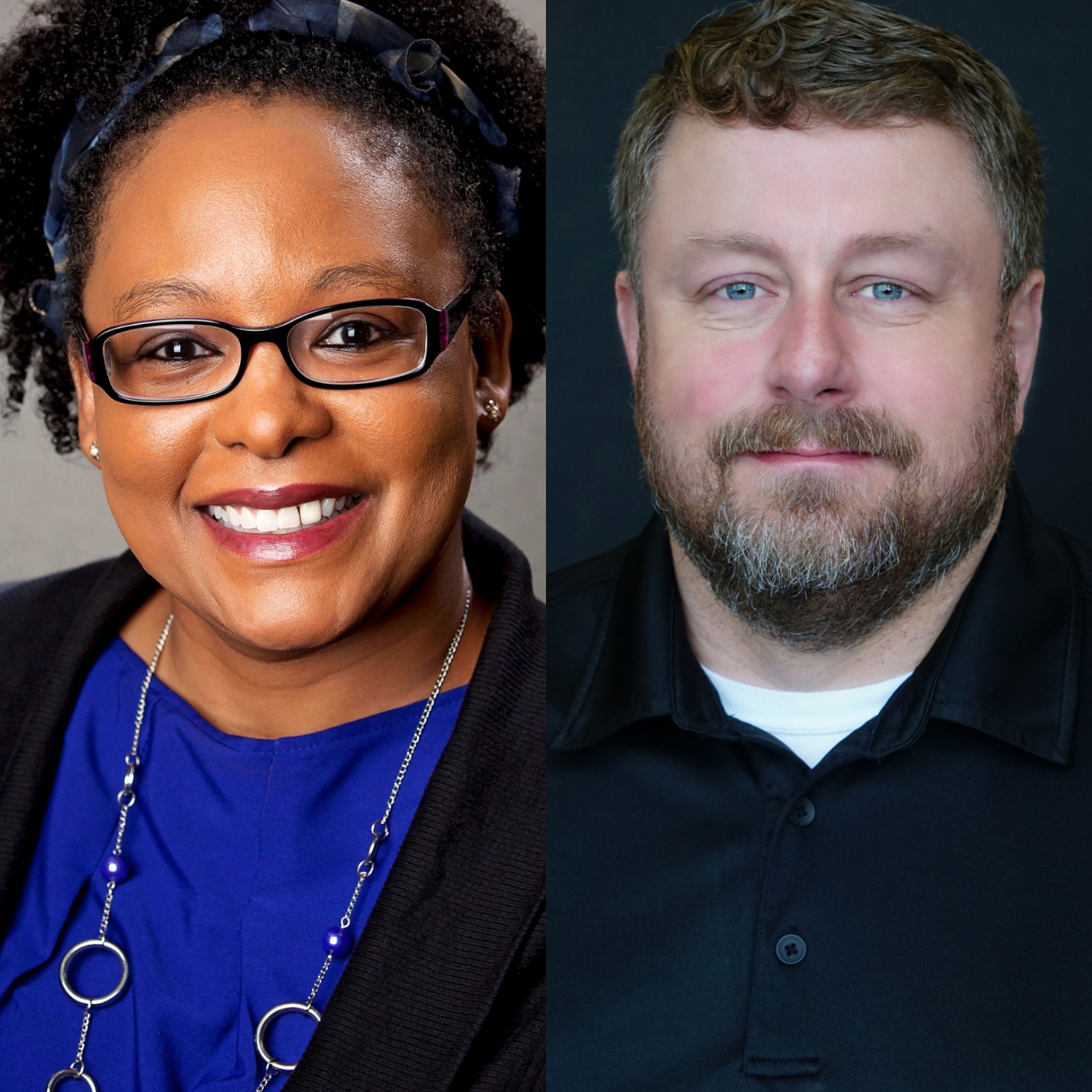
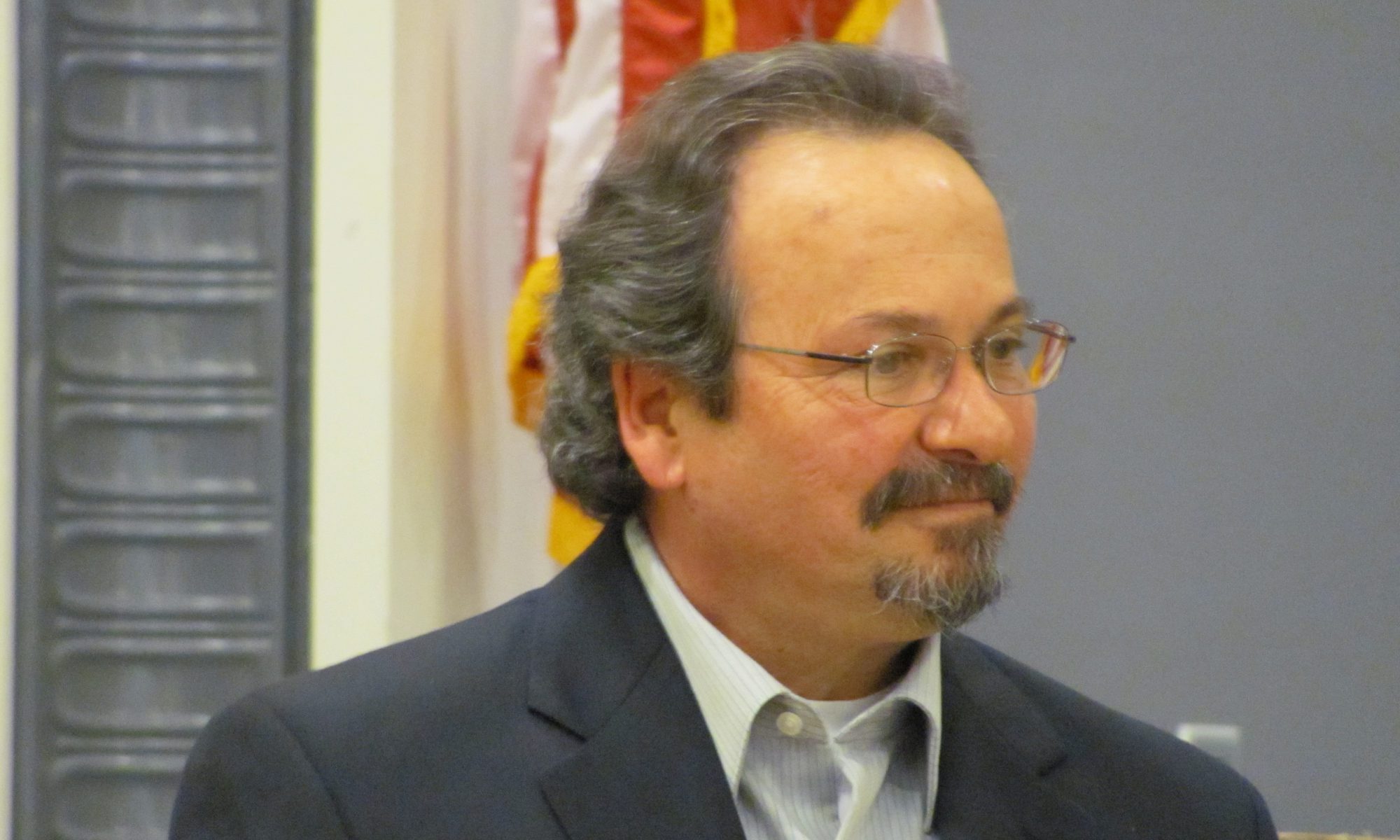


 Tumult is all around us. It comes up fast
Tumult is all around us. It comes up fast 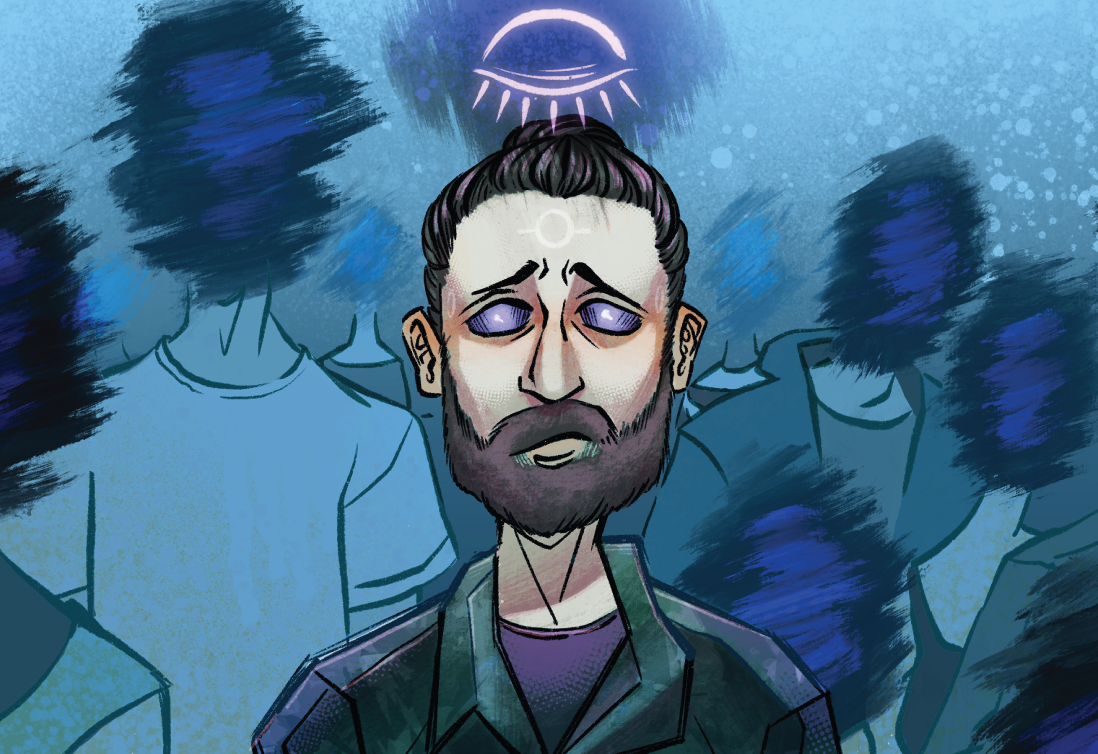
 Imperceptibility renders subjects impossible to
Imperceptibility renders subjects impossible to